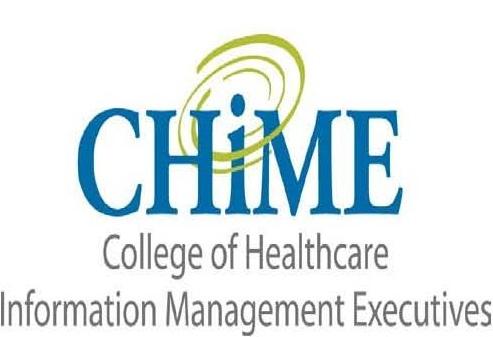 CHIME Says Technology, Workflow Burdens Impacting Reporting
CHIME Says Technology, Workflow Burdens Impacting Reporting
The College of Healthcare Information Management Executives (CHIME) is a non-profit organization dedicated to serving the needs of CIOs and other senior executive healthcare leaders. The organization has 1,500 members. On Monday, CHIME sent a letter to Marilyn Tavenner, Acting Administrator for the Centers for Medicare and Medicaid Services (CMS), voicing the organization’s concerns of hospitals readiness to submit accurate quality data through EHR systems. The letter was a response to a Request for Information (RFI) by CMS.
“CHIME has long-advocated for HHS to take a lead role in CQM harmonization – extending through the specific CQM, how the CQM is reported, and to whom it is reported,” CHIME said. “While we are encouraged by recent efforts by CMS, AHRQ and others, we worry that workflow and technology implications of complete and accurate electronic quality reporting are not fully understood. Data used by abstractors are often found in dictated reports or free form progress notes, not as structured data in the electronic health record. And it has been the experience of our members that without making the entire record structured, discreet data or having mature text recognition software in place, one cannot extract all the data needed on every patient to create accurate quality metrics.”
CHIME also commended CMS for establishing a volunteer pilot program for hospitals to submit CQM data electronically as part of the EHR Incentive Payments program, rather than through attestation. CHIME urged CMS to seek ways to broaden the program to more hospitals and use the results obtained by pilot participants to further inform hospital and vendor readiness of EHRs to support IQR.
Finally, CHIME urged policymakers and regulators to be bold in their work to establish a unified approach to electronic quality measurement, telling CMS that “Over the past several years, HHS has demonstrated an increasing ability to convene public and private sector stakeholders to harmonize disparate health IT system requirements, technical standards and disseminate best practices. Meaningful Use is, perhaps, the best example of such policy approaches. However, CHIME believes that such harmonization with regards to CQMs is overdue – and we believe that the time to leverage such a focus on electronic CQM development and reporting is now.”
Read the full CHIME letter here.
